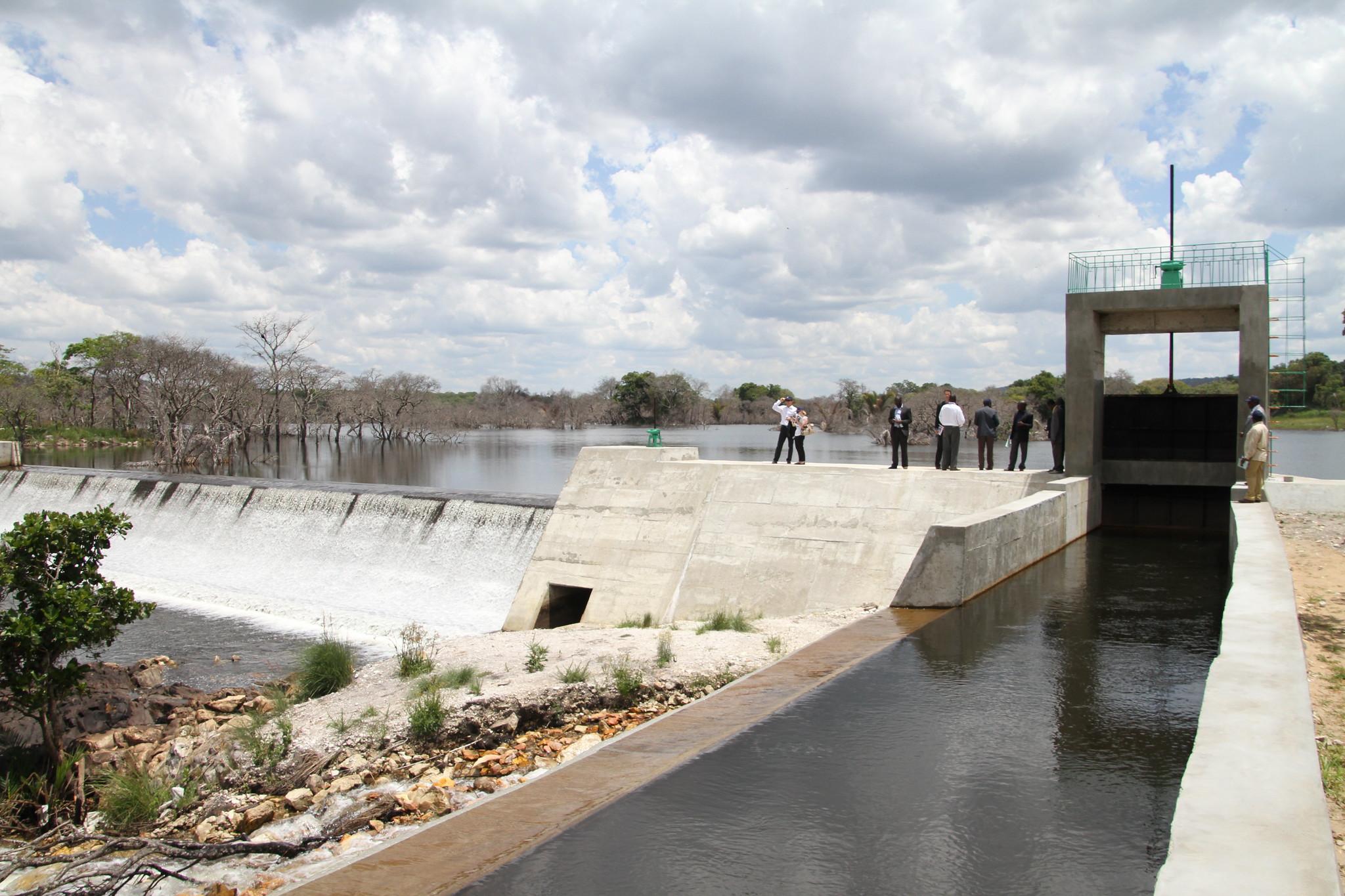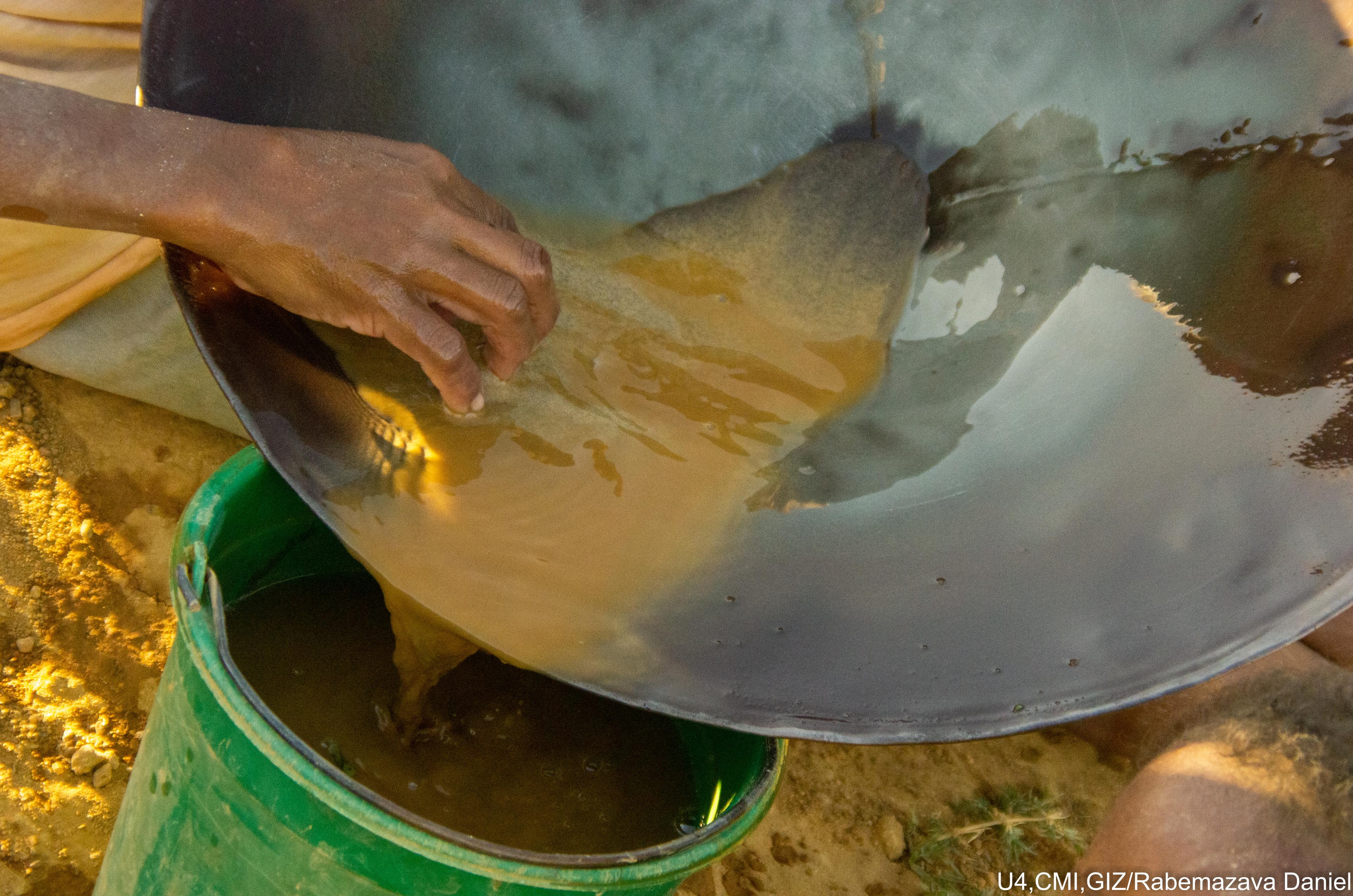Critical minerals are highly relevant to global supply chains with increasing political interest. Zambia is a significant source of critical minerals including copper, cobalt, lithium, nickel and graphite, which places it as a key global player, particularly for energy transition and technology manufacturing and at the crosshairs of intense geopolitical competition. The high relevance of critical mineral value chains results in an increased risk of revenue leakages due to corruption and tax evasion. This Issue analyses corruption and illicit financial flows (IFFs) in the regulatory and governance regimes, assesses the political economy of the sector, and highlights potential interventions and reforms.
The main IFFs in Zambia are tax related that arise mainly from trade misinvoicing and transfer pricing. Trade misinvoicing may have generated US$44.9 billion IFFs between 2012 and 2020. The loss of revenue due to corporate tax abuse is pegged at US$769.6 million or 2.9% of Zambia’s GDP. Other forms of IFFs are from organised crime and government corruption with channels such as shell companies, offshore accounts and illicit trade practices.
Despite formal commitments and legislative efforts, the legal and institutional architecture remains fragmented and inadequately enforced, particularly when politically exposed persons (PEPs) are involved, allowing IFFs to persist. There is lack of coordination among key institutions, especially the Financial Intelligence Centre (FIC), Anti-Corruption Commission (ACC), and Zambia Revenue Authority (ZRA). Weak prosecutorial independence, political interference, outdated and vague legal definitions and provisions, and limited availability of reliable data on IFFs further undermine enforcement.
Through a qualitative approach of literature review, including a law and policy review, and a stakeholder mapping exercise of 21 key informant interviews with government, civil society, academic and industry representatives, we constructed an understanding of the key risk factors for corruption and IFFs in the sector.
Manufacturers of green energy technologies will need significantly greater quantities of critical minerals in the next two decades and, with a global shortage of these critical minerals, Zambia has garnered keen interest from China, the United States, the European Union, the United Kingdom and the Gulf states. Zambia has an opportunity to capitalise on these opportunities but must curb IFFs from the sector.
Since colonial times, copper extraction has dominated Zambia’s development and the country assumed such business would turn it into an industrialised state, but Zambia continues to have high poverty rates and levels of inequality. Following dropping copper prices in the 1960s and liberalisation of the economy in the 1990s, mines were privatised, which led to discontent from Zambians and increased political pressure. Regulating the sector became more complex and required increased capacity but proved unproductive and inefficient.
Continued interest in the copper industry will exacerbate these issues, along with a rapid and unregulated expansion of the artisanal and small-scale mining (ASM) sector. While large copper mines are foreign owned, ASM requires citizen ownership and is thus regarded as a potential avenue for local empowerment, but lacks state support. The United Party for National Development (UPND) attempted to centralise ASM when it came into power in 2021, but it is not yet clear if this will be effective. There will be intense political competition in the run up to the 2026 election.
The Mines and Minerals Development Act is the primary law governing the sector as well as other legislation in the industry, judicial decisions by Zambian courts, and government policies and strategies. The Ministry of Mines has four key departments, including the Mining Cadastre, and two committees, including the Mining Licensing Committee, that oversee and manage the sector.
A significant corruption risk is the lack of a transparent, coherent and disciplined mining licensing system with frequently obtained illegal licences. The Mining Cadastre is a hotbed of corruption, which led to its temporary closure with the 2021 government. It was reopened in 2022 and while measures were put in place, significant governance vulnerabilities remain, including not following the ‘first come, first served’ practice, ‘losing’ applications, pulling out documents from applications and rendering them incomplete, illegally cancelling licences to make space for new ones, issuing a single entity with several licences, and taking directives from political actors. Exacerbating these issues are severe underfunding, staff shortages, lack of guidance on qualifications, lack of expertise and capacity, and opaque transfer processes.
There is also a non-transparent bidding process due to an inadequate governance framework with no internal controls or disclosure. Additionally, public-private collusion across the value chain includes PEPs doing business in the sector such that those policing are direct beneficiaries because conflict-of-interest rules are inadequate. Integrity committees exist but do not function as they should. Peripherally, third-party agents act as ‘fixers’ to provide several services, including obtaining mining licences, but are often public servants in regulatory agencies or politically connected who channel bribes and kickbacks.
Because the president and the State House remain in charge of all major appointments, separation of power is undermined. Thus, despite political turnovers and constitutional and legal reforms, the political economy has not fundamentally changed. There is insufficient investment in the creation of independent and professional institutions. For example, while the ZRA has been able to carry out audits, there is a blind-spot in investigations of non-high-profile companies. A ZRA director general disclosed that only six mining companies out of 6,000 pay tax.
Additional issues are that many of the smaller ASM companies are established by disadvantaged individuals who struggle in subsistence mode and are thus at risk of being drawn into illicit activities. They may, for example, act as fronts for foreign investors. It is difficult to formalise small-scale operations if politicians and authorities benefit from informal arrangements, which negatively impacts agriculture, increases the risk of gendered violence and has environmental consequences.
Entry points for governance interventions are enhancing systems for disclosure and due diligence, supporting ongoing reform of the Mining Cadastre, supporting evidence-based policymaking, supporting organisation of the ASM sector, enhancing the quality of civil society organisation public discourse, and enhancing collaboration in anti-corruption agencies.


